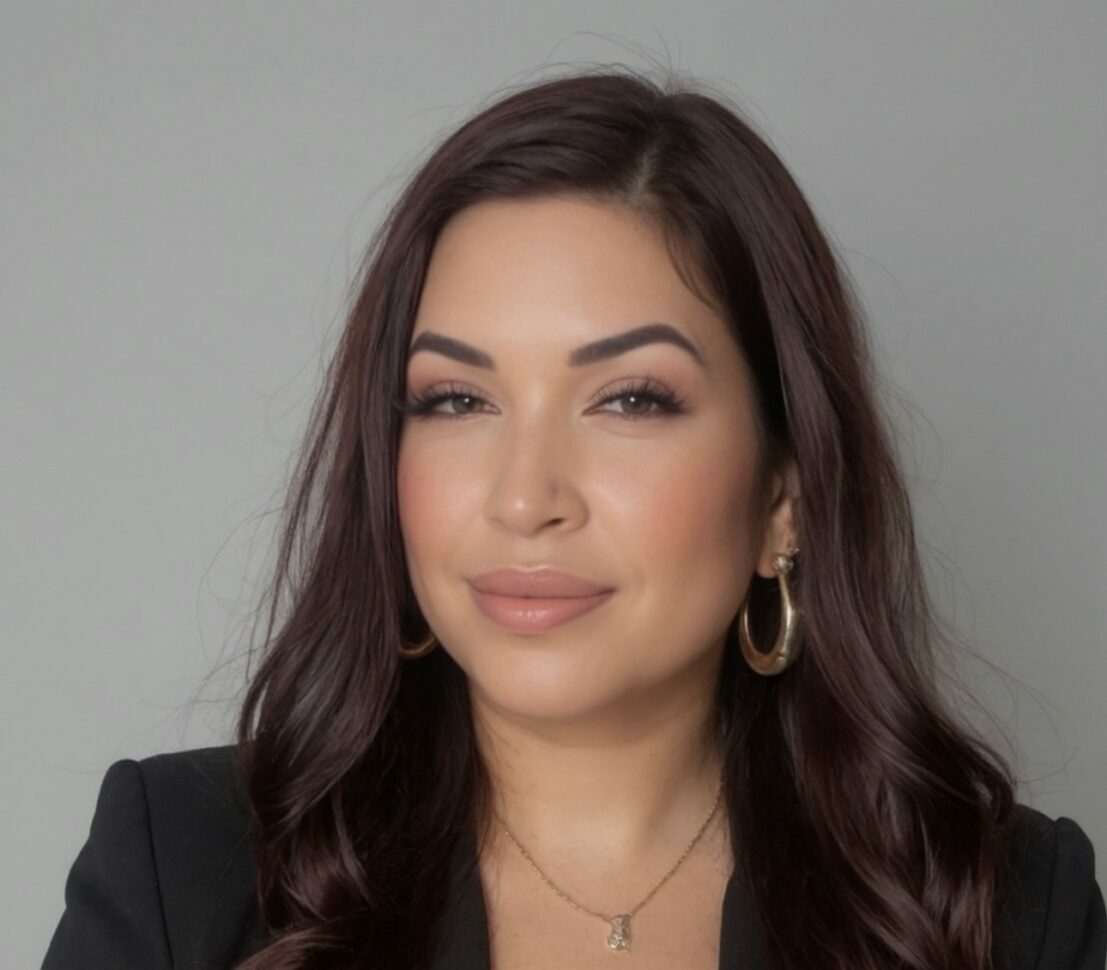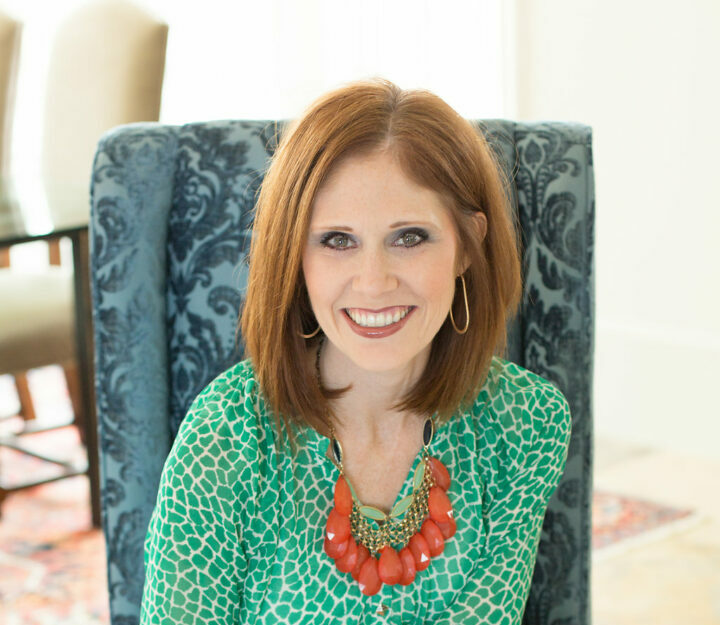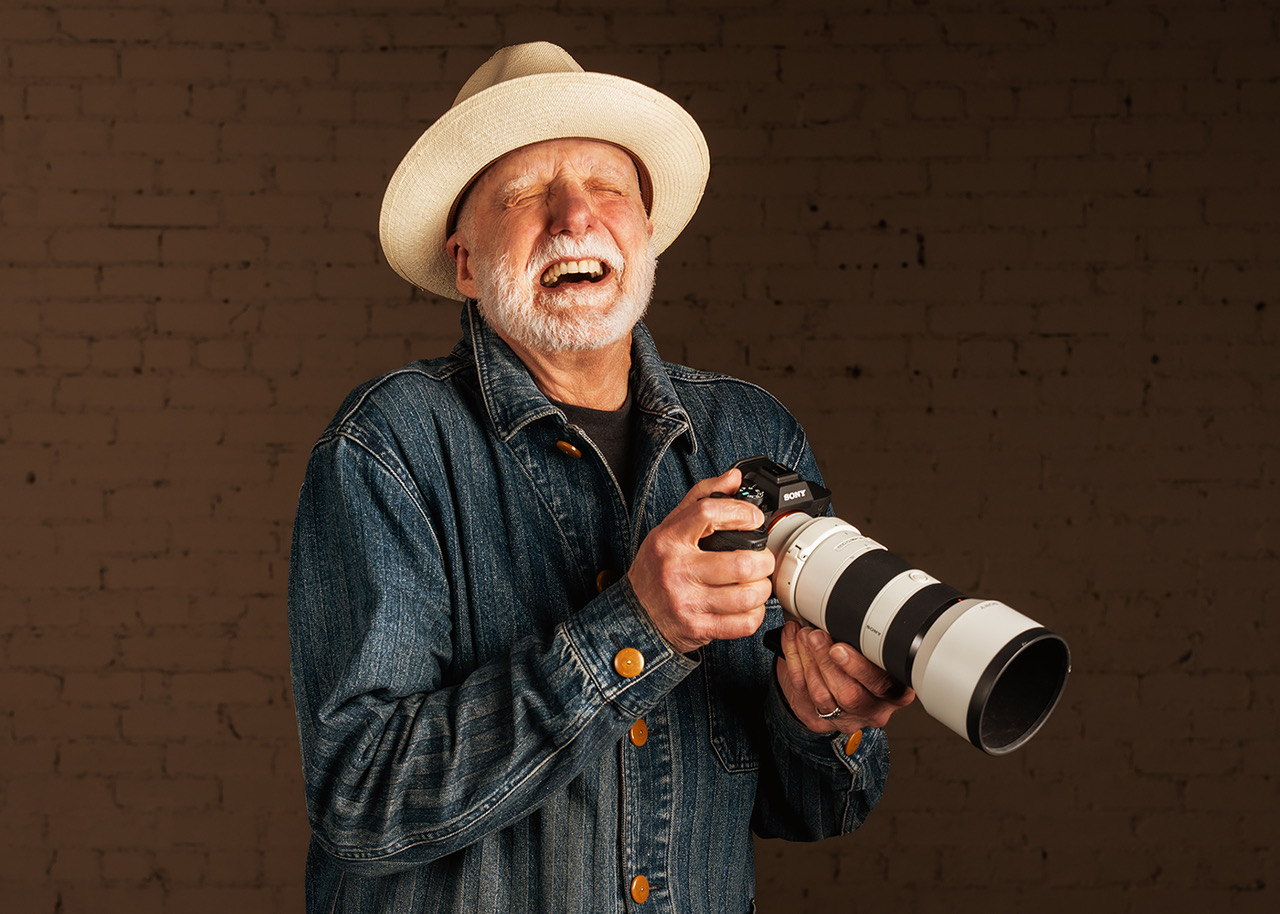We recently connected with Christopher Barker and have shared our conversation below.
Christopher , so great to be with you and I think a lot of folks are going to benefit from hearing your story and lessons and wisdom. Imposter Syndrome is something that we know how words to describe, but it’s something that has held people back forever and so we’re really interested to hear about your story and how you overcame imposter syndrome.
I’ll start by saying that, for me, it is really easy to fall into the trap of feeling like an imposter when performing magic. “Hmm. That wasn’t as cool as I thought it would be.” Imposter. “No, that wasn’t my card.” Imposter. “You can’t do that card through the window thing I’ve seen before?” Imposter. Maybe this happens to a lot of people in performance art, but being an imposter has been at the front of my mind as I navigate building a magic business, performing, and diving deeper into the magic community. For me that feeling of imposter has three unique channels for reaching that most vulnerable part of my brain: what spectators might think, what other magicians might think, and what I think. Add to all of that the fact that performing magic can be pretty stressful, and I’m already pretty self-critical about my craft. Sometimes there is literally zero margin for error and, unlike missing a note in a piano piece that goes unnoticed, as soon as you make that mistake it’s too late to go back. Oh, and spectators definitely notice. You just have to pivot and figure out a way forward, but the deeper damage can be done if you’re lacking confidence. Failure certainly makes you question your sense of belonging to that craft, and I think that’s the crux of the issue – fear of failure and not measuring up. I just need to accept the failure and keep going.
I know that I’ll always be wrestling with feeling like an imposter in magic, so it kind of becomes a coping game. What can I do to feel more at ease with myself while I’m in the thick of it? The one strategy that seems to work the best for me is what I’ll refer to as the “plunge”: going full immersion into the exact community where I feel like sometimes I don’t even belong. In the case of magic I’ve joined magic organizations, gone to shows and conventions, signed on to perform monthly with a group of magicians, and just engage as much as possible with magicians I come across. When I meet other people I am open, honest and sincere with them, and I work hard to keep the human connection strong. Of course, that takes a great deal of interpersonal awareness and experience, which is something that I’ve worked hard to develop. It really helps knowing how to talk to people and getting them to open up.
I’ve also gotten some mileage out of learning how to observe. When I got back into performing magic I recognized the need to find a corner, be comfortable in that corner, and read the rest of the room. If you’re not being “called out” (which definitely can happen in magic – “You’re a magician? Prove it!”), you can learn a lot through observation. If I’m observing, I can’t technically be called an imposter, right? Maybe it’s a bit of a psychological fakeout, or even hiding in a safe zone, but it does help when needed. For example, a lot of magicians love to jam magic and share what they know. That is VERY intimidating, whether I’m feeling like an imposter or not. As soon as you engage you open yourself up to failure. I’ve learned to just be comfortable in the moment, whether I’m observing or breaking the ice by showing a trick. And guess what? That willingness to observe has helped me learn that even the most pro magicians in the world get nervous and fail. They just know how to transition quickly and keep going, and they also know the value of winning over the crowd. A lot of lessons have been learned by just watching and listening to those who have years and years of experience.
The final thing that has helped me with imposter syndrome is being thoughtful in my craft and establishing a good network for feedback. Luckily, I have some strong social connections both inside and outside of the magic community, and I am constantly getting feedback that really makes me think about how to improve my work. I care a lot about what those people say, and I try to make them know that their voice is valued as well. The biggest voice in that regard is my girlfriend and assistant, Alyoska. She gives amazing advice, and she has this way of making me work harder that I really appreciate. It’s good to have people who provide that constructive criticism, and to also be open to hearing them.
Let’s take a small detour – maybe you can share a bit about yourself before we dive back into some of the other questions we had for you?
Right now I’m balancing teaching Spanish full time, coaching soccer part time, and then filling pretty much any other time I have with maintaining my magic business. There’s a lot of history to unpack there, but I’ll share a brief story of how I got into magic. In college I traveled to Edinburgh, Scotland to hang out with my brother and I was introduced to the magician Robert West (currently of the magic duo Morgan and West). Rob ended up showing some amazing card tricks, and I was hooked immediately. At some point Rob told me that if I wanted to learn card magic I should pick up a copy of a book and start learning. Once I got back home I bought the book and started learning. At some point I decided that if I wanted to really practice with people I’d need to get out there and start performing, so I went to one of the pizza parlors in my college town and asked if they’d hire a magician to entertain guests. They agreed, and I ended up working at that pizza parlor for the better part of that school year, just going table to table and doing the card tricks that I was learning from the book I had bought.
After college I went straight into my professional career of teaching, and magic was put on the back burner for thirteen years. Jump to about a year and a half ago, and my girlfriend and I went to a magic show at a pizza place. During the show the magician handed me the cards and asked me to shuffle. That moment was really the catalyst for getting me back into magic, and now I’m fully back in the game. I’ve gone full speed ahead in the magic world, which is maybe why at times I feel like an imposter. I see some of the top magicians in the world and feel like a total amateur who is still amazed by the most basic things, but I think that it’s important to still have that sense of wonder and excitement around the craft. I’ve put a lot of effort into getting things up and running on the business side, but I know there’s a lot of work and effort that’s still ahead of me. The good thing about magic is that there is always room for growth, and that growth is very measurable and rewarding. One way I’ve tried to distinguish myself in my region is by promoting my ability to do magic shows in Spanish or in English.
I think I have a mind that doesn’t stop creating and imagining, and I feel like if I can keep my energy high I’ll keep at it and do my absolute best. That feeling of being an imposter will always be there, but I’ll keep looking for opportunities to grow and plunge myself even further into the magic world. Hopefully I’ll bring joy and happy memories to lots of people along the way.
If you had to pick three qualities that are most important to develop, which three would you say matter most?
I’ve really tried to prioritize three qualities that I think are essential to magic and also just being a good human: curiosity, risk-taking, and generosity.
I think that everyone needs a heavy dose of curiosity to keep their eyes open to the world around them. Magic is full of wonder and excitement, but there’s also so much incredible stuff to appreciate as well. In a recent interview I did with Humans of St. Louis I talked about my side love of nature and animals, and I think that’s the kind of curiosity that makes me look forward to so many things. For example, traveling to a national park and going on a hike inspires so much curiosity in me, and also recharges my batteries. That’s the perfect type of hobby – something that recharges you but also gives you purpose and happiness. When it comes to curiosity, I think that books and documentaries are incredible sources for opening up paths of inquiry. Just keep reading and learning!
If you’re staying curious, you’ll inevitably come across moments when you’ll have to take risks. Maybe it’s packing up and moving for a new job, or planning a trip to the unknown. It could even be as simple as trying a new food, or striking up a conversation with the person next to you at a bar. There is a spectrum of risk, with some ventures being more risky than others. No matter how small, if the mindset can be shifted so that the taking of the risk is seen as a personal investment, I think that there is more reward on the back end. They turn into little victories, and it’s those small victories that help create more growth.
Finally, I view generosity as one of the keys to building healthy human relationships. I’m not talking specifically about financial generosity, although that is not a bad thing if it fits the budget. When I think about generosity I’m thinking mainly about time and skills. I think people really value that type of support. I remember one time in high school I had a day off and I was walking through the park in my neighborhood, and I came across two guys sitting on a bench. I don’t remember how we started talking, but I learned that they were brothers and that one of them was really down about having just gotten laid off from his job. They turned down my offer to buy them a Qdoba lunch, so I just sat on that bench with them and talked for an hour or so. I did a lot of listening, and learned a lot about that man’s life and his struggles. At the end of the conversation I stood up, thanked him for sharing so much with me, and walked back home. I don’t know if I made any kind of difference in his life, but I remember thinking to myself that I hope someone gives me the time of day when I’m at my lowest. It might feel awkward stopping and talking someone or offering to help them, but I those small acts of generosity have greater impacts than we sometimes realize.
Tell us what your ideal client would be like?
When it comes to booking magic gigs, I’m really exploring all types of clients. I’ve done bigger stage shows, block parties, private parties, kid birthdays, adult birthdays, a prom and a corporate event. Those are all vastly different audiences, and they require very different planning and preparation. In the end, however, the ideal client for me is going to be the person who buys into that idea of having fun and engaging with others. I don’t necessarily need them to like the magic, but I really want them to enjoy the moment. I seem to have more success at private parties where I can do some magic and then spend some time talking with guests. That extra mingling time is not included in the fee, of course, but to me it is very valuable and helpful to building more connections with people and warming them up to the idea of seeing magic. When you walk up to show someone something, you’re about to share a moment with them and you want it to be special. I can’t exactly choose who I want to see the magic, but I hope I can guide people down the path to being receptive to that.
Contact Info:
- Website: https://barkermagic.com/
- Instagram: https://www.instagram.com/barkermagicstl?igsh=MTlyNWY3Ynlnd2RxOQ%3D%3D&utm_source=qr








Image Credits
Lindy Drew, Humans of St. Louis Timothy Barker Jeremy Rentfro




